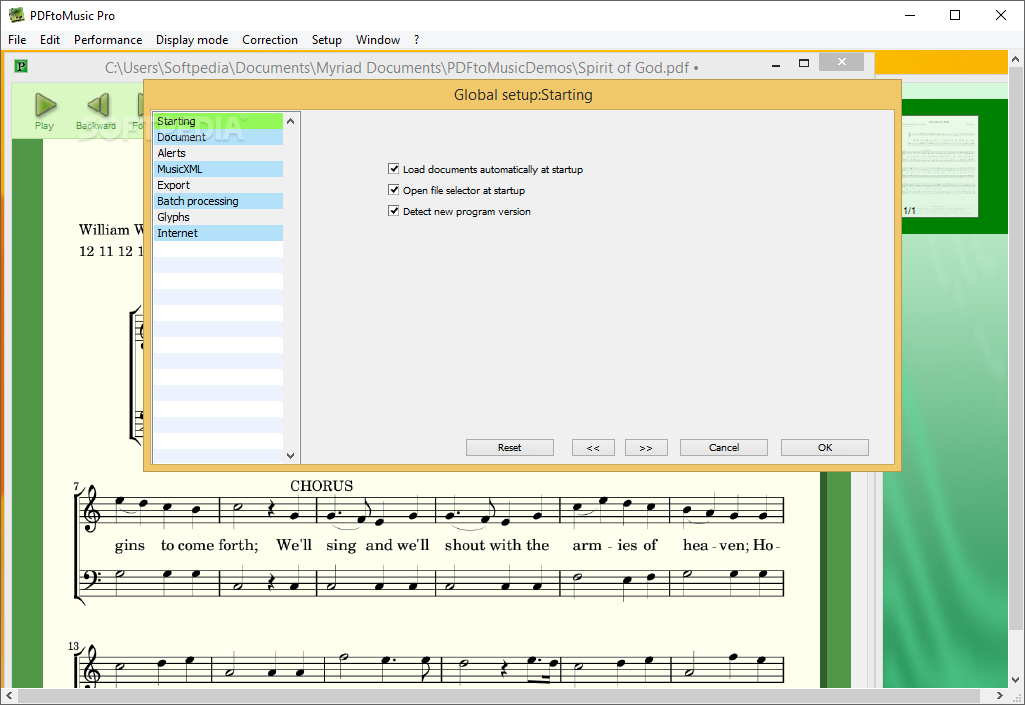

What some musicians miss is that the royalty system splits royalties between two roles: the songwriter and the publisher.

These royalties are based on surveys and other data, and each PRO does its research differently. Composition performance royalty organizations (PROs) collect money from radio stations, TV stations, restaurants, live music venues, and websites, and they distribute royalties to copyright owners. Royalties are set by statute: 9.1 cents per copy/play. The composition copyright can generate money for you each time the song is performed live, played on the radio, or performed as a cover by another artist. SoundExchange collects sound recording royalties, while SESAC (along with ASCAP and BMI) collects composition royalties. (And if you don’t register within three months of release, you lose some of those benefits, although you still own the song and can still register it in order to sue someone for infringement.) Royalties Most labels register the copyright, however, because it grants additional rights, including the ability to sue for damages and attorney’s fees.

Copyright Office is not required because copyright law automatically gives you a copyright in an original song as soon as you capture it in a fixed format (digital recording, sheet music, etc.).

But if you’re an independent artist and composer, you’re both the label and the songwriter, and you own both. Labels usually own the SR copyright and the songwriters usually own the PA copyright. To register each of these, you’d need to use the Sound Recording (SR) form. Each sound recording you make of a song creates a separate copyright for example, a live recording, a studio recording, and an alternate acoustic version are three different sound recordings and therefore three different registrations. The second copyright is for the sound recording, sometimes called the master recording. Best website builders for musicians and bands 2020: sell your merch and get your music heard


 0 kommentar(er)
0 kommentar(er)
